Dhaka, Sep 08 (V7N) - Chief Adviser Prof. Muhammad Yunus has underscored the crucial role of both formal and non-formal education programs in the mission to achieve a literate and educated Bangladesh.
In a message commemorating International Literacy Day on September 8, Prof. Yunus emphasized that education is a fundamental human right and a vital instrument for nation-building. "Education is the cornerstone of national development and a critical tool for societal progress," he stated.
The observance of International Literacy Day aims to heighten public awareness and enthusiasm about education and literacy, transforming citizens into valuable human resources, according to the Nobel Laureate.
Prof. Yunus highlighted the importance of enhancing communication skills among children, adolescents, and youth by providing opportunities to learn multiple languages, in addition to their native tongue. He noted that multilingual literacy fosters stronger connections across countries, cultures, and languages.
"Improving communication skills not only enhances individual quality of life but also accelerates national development and fosters peace. This year’s theme for International Literacy Day aligns with these goals," Prof. Yunus remarked.
He called on government and non-governmental organizations to diligently implement educational programs and take decisive actions to achieve literacy goals and ensure high-quality education for all. "I urge all stakeholders to collaborate in this effort," he added.
Prof. Yunus extended his best wishes for the success of International Literacy Day-2024 events in Bangladesh. He expressed satisfaction that Bangladesh is participating in this global observance, which has been celebrated annually since 1967 on September 8. The day serves to remind policymakers, practitioners, and the public of the vital importance of literacy in fostering a more equitable, peaceful, and sustainable society.
This year's International Literacy Day theme, "Promoting Multilingual Education: Literacy for Mutual Understanding and Peace," emphasizes the transformative potential of literacy in promoting social cohesion and peace. UNESCO notes that a multilingual approach to literacy development is particularly effective, offering cognitive, pedagogical, and socio-economic benefits that enhance mutual understanding and respect, while strengthening communal identities and collective histories.
END/MRB/SMA/



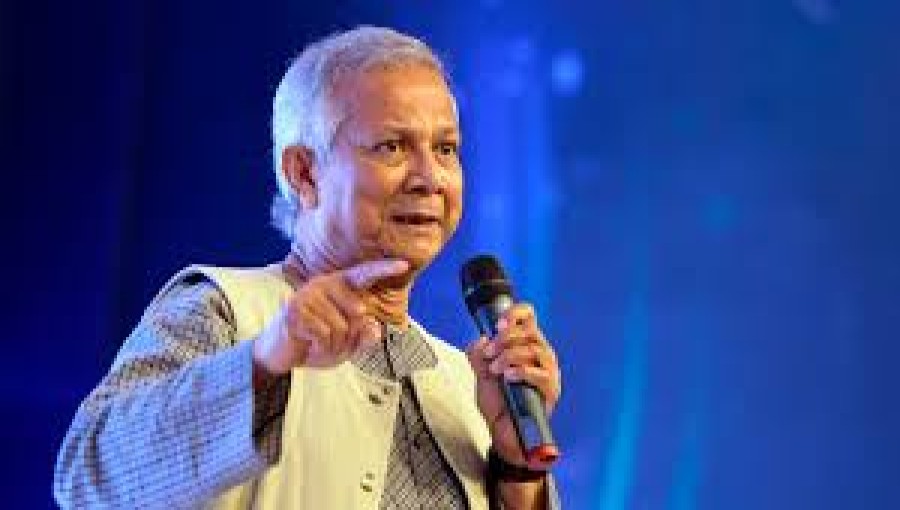

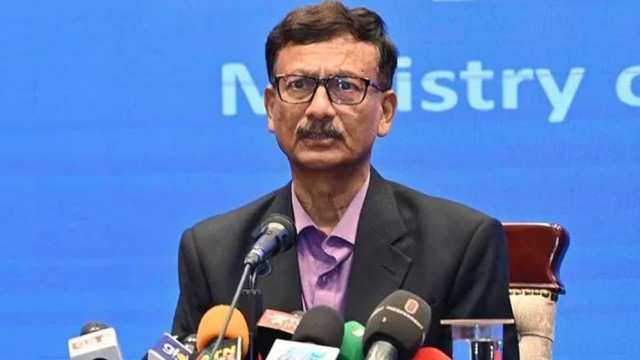
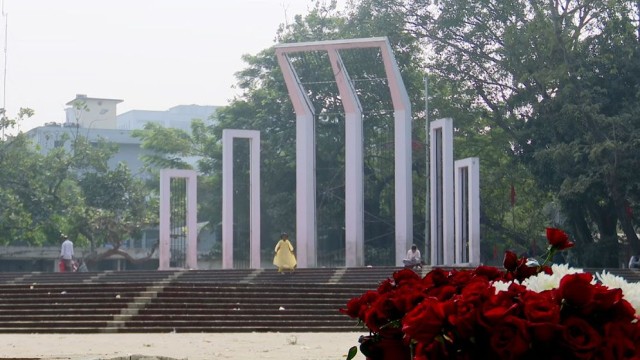

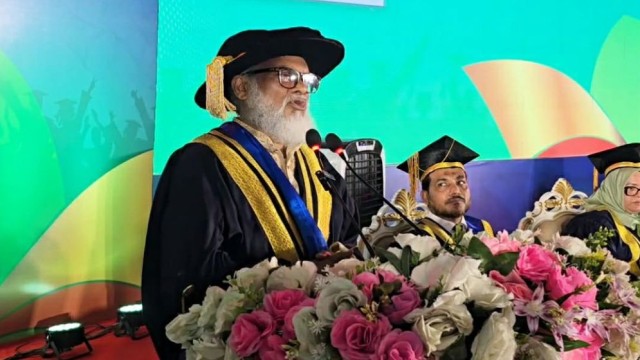
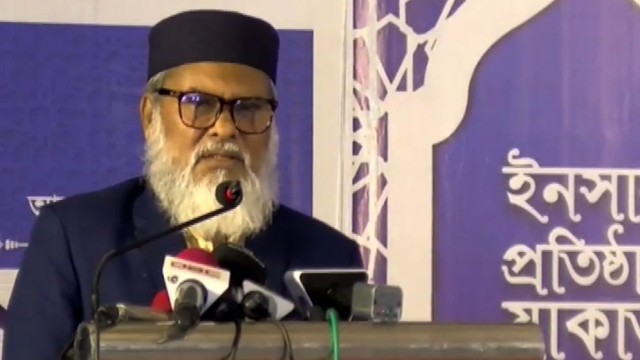
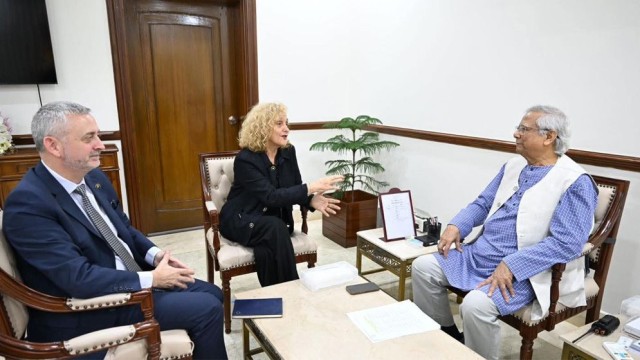

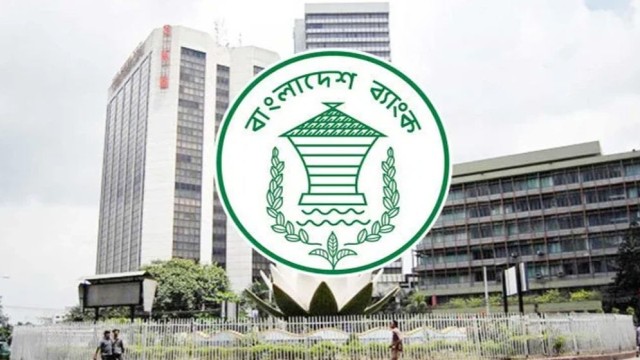
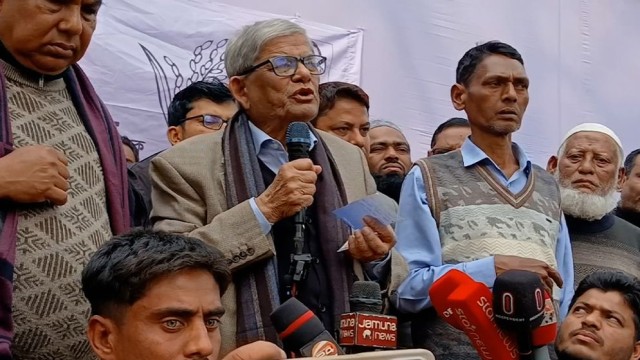

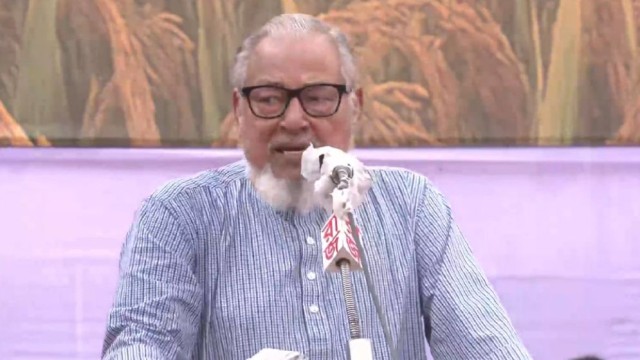

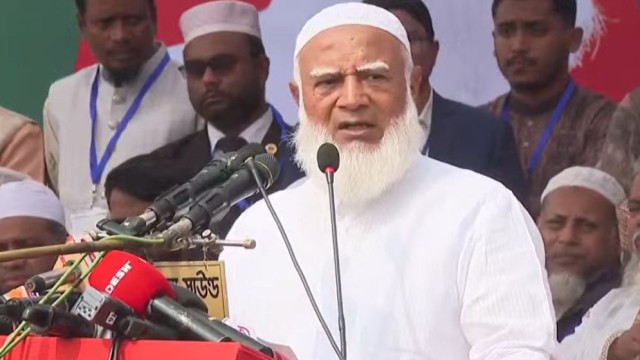




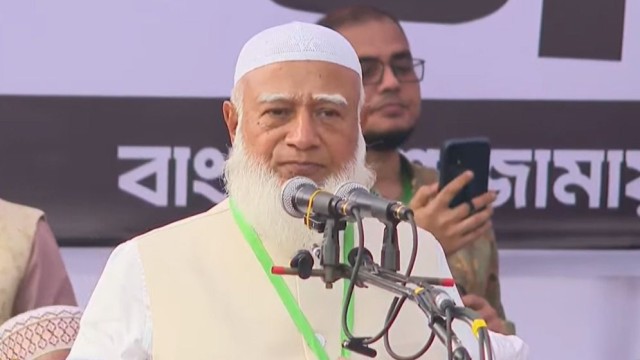
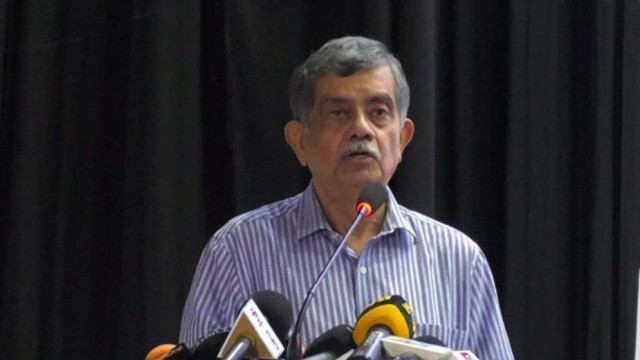
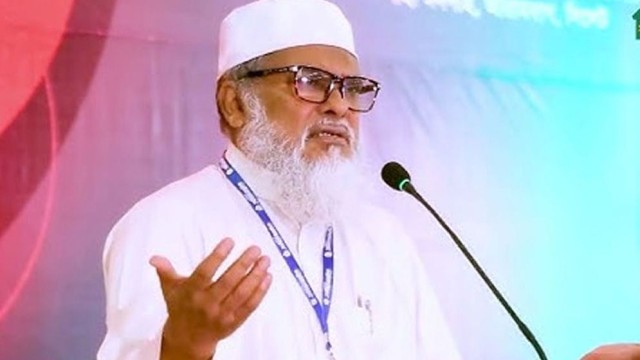
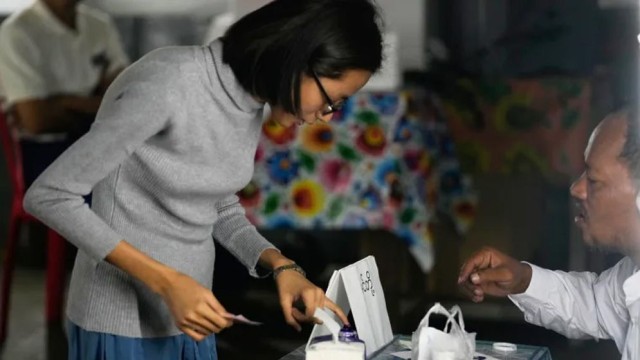

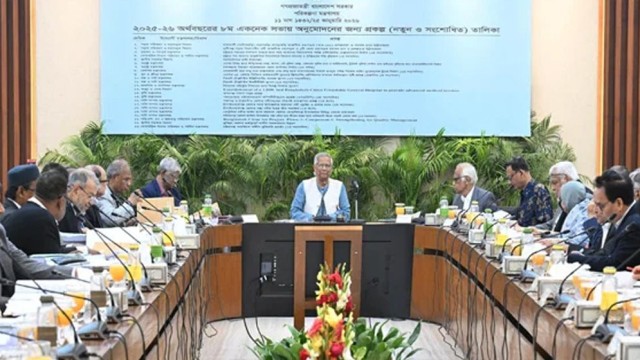
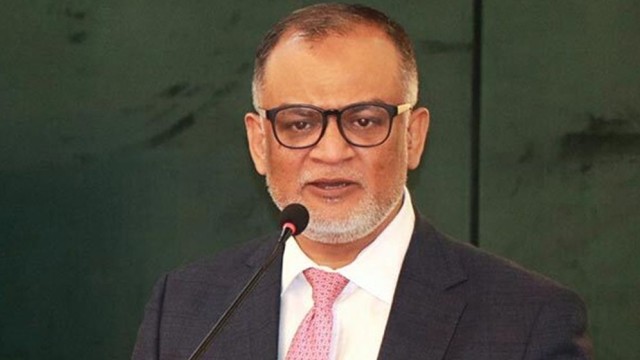
Comment: